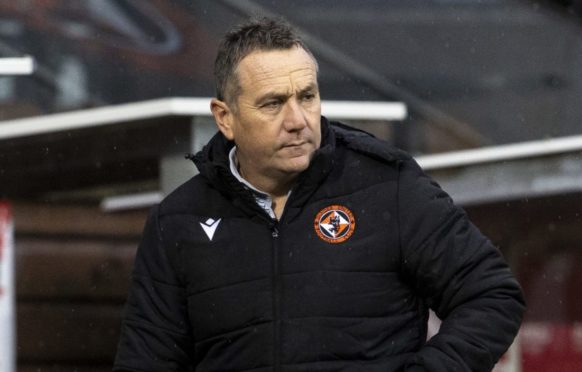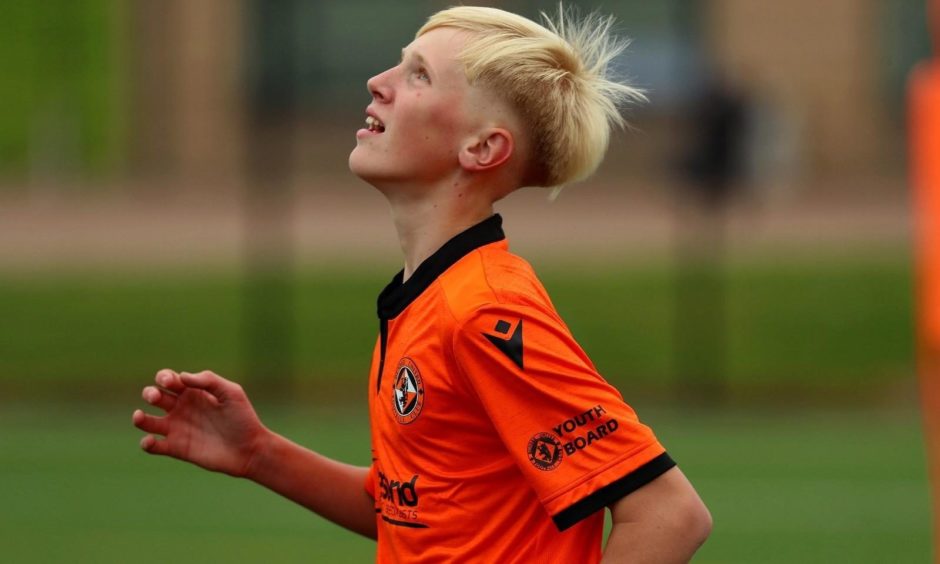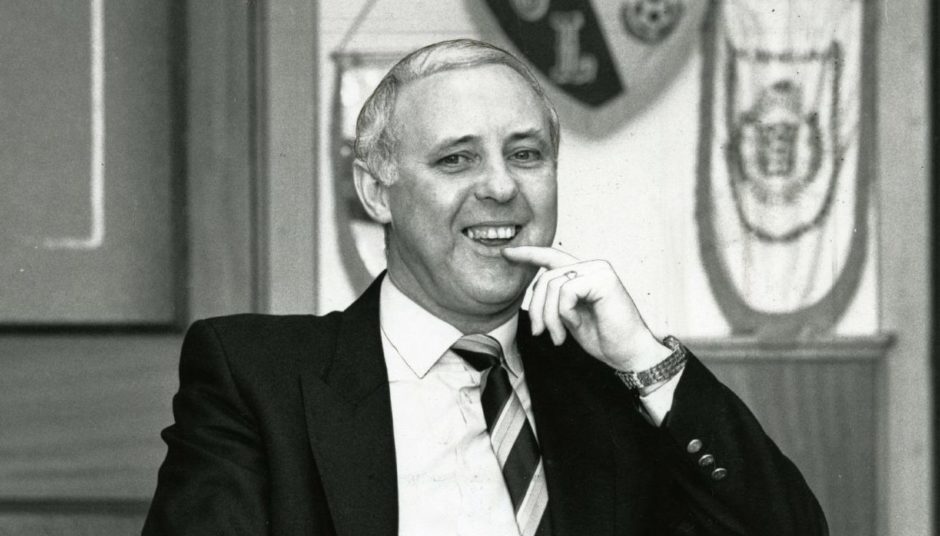Whether Micky Mellon stays or leaves Tannadice this summer, Dundee United seem set to embrace a more youthful future.
That was clearly outlined in a recent interview with their academy director Andy Goldie and others in youth development.
A move towards increased internal production of players, with even first team coaches progressing in that holistic way, is the best route for the club to prosper as the game increasingly changes.
"People say Dundee United can't get back into Europe or produce Champions League players but I'm fed up with that mentality."
How one club is putting the academy first in a revolutionary move…
📝 @JordanC1107https://t.co/9FuPWAt2Ti
— The Athletic UK (@TheAthleticUK) April 10, 2021
It isn’t risk free but the approach is potentially more profitable than signing the majority of players from elsewhere, sometimes on extravagant wages, and who often don’t deliver.
A seamless system where a club’s cultural and playing philosophy is inculcated from a young age through to first team level for players and coaches offers a template for success.
Some caveats are required though.
It requires fan education into the realities of inconsistency for a team featuring a higher percentage of younger players.
There’s also a potentially high attrition rate as youthful promise fails to fully mature.
And judicious recruitment must still augment and supplement the production of home grown talent.
With the best will in the world it’s unlikely that Barcelona, let alone United, could succeed in rearing an entirely domestically produced team.
So the need will still exist to identify and sign talent from elsewhere, which moulds easily into the club playing style and ethos.
United, in some ways, are reviving the Jim McLean model at Tannadice.
The man who created the modern club built a scouting network in the major cities and beyond to identify Scotland’s top talent and offered it the opportunity to quickly attain first team football.
“If you’re good enough you’re old enough” was his mantra from the signing of Andy Gray onwards.
The list of youth players emanating mainly from Sunday boys football was lengthy.
Narey, Holt, Sturrock, Malpas, Gallacher, Dailly, McKinlay and a huge number of others proved that United provided fertile soil for growing top class organic footballers.
The club enjoyed its greatest success in those times and while much has changed, including the growth of professional club youth teams in supplanting boys’ club football, the essentials remain the same.
Get them early, get them coached, get them playing.
I think United are entering a period of innovation, invention, and exploration in more than just the development of youth though.
Alongside what I reckon is the probability of an incoming, younger coach-manager, at ease and in tune with the forward direction of the club, I wonder if United may also become part of something bigger than they currently are.
Former owner Stephen Thompson examined links in Australia and the US, however he was looking to acquire a stake in other clubs.
You'll be hearing a lot more about Montevideo City Torque in the next few years@DanEdwardsGoal investigates the City Football Group's 'unique model' 👇
— Goal News (@GoalNews) April 16, 2021
I still think such a link up is possible, but in reverse, with the Tannadice outfit coming under the umbrella of a much larger entity.
The City Football Group own Manchester City along with New York City and Melbourne City, with investments in several other outfits.
The potential for Dundee United belonging to something similar in future isn’t impossible, as they look to progress in an ever-evolving football environment.




